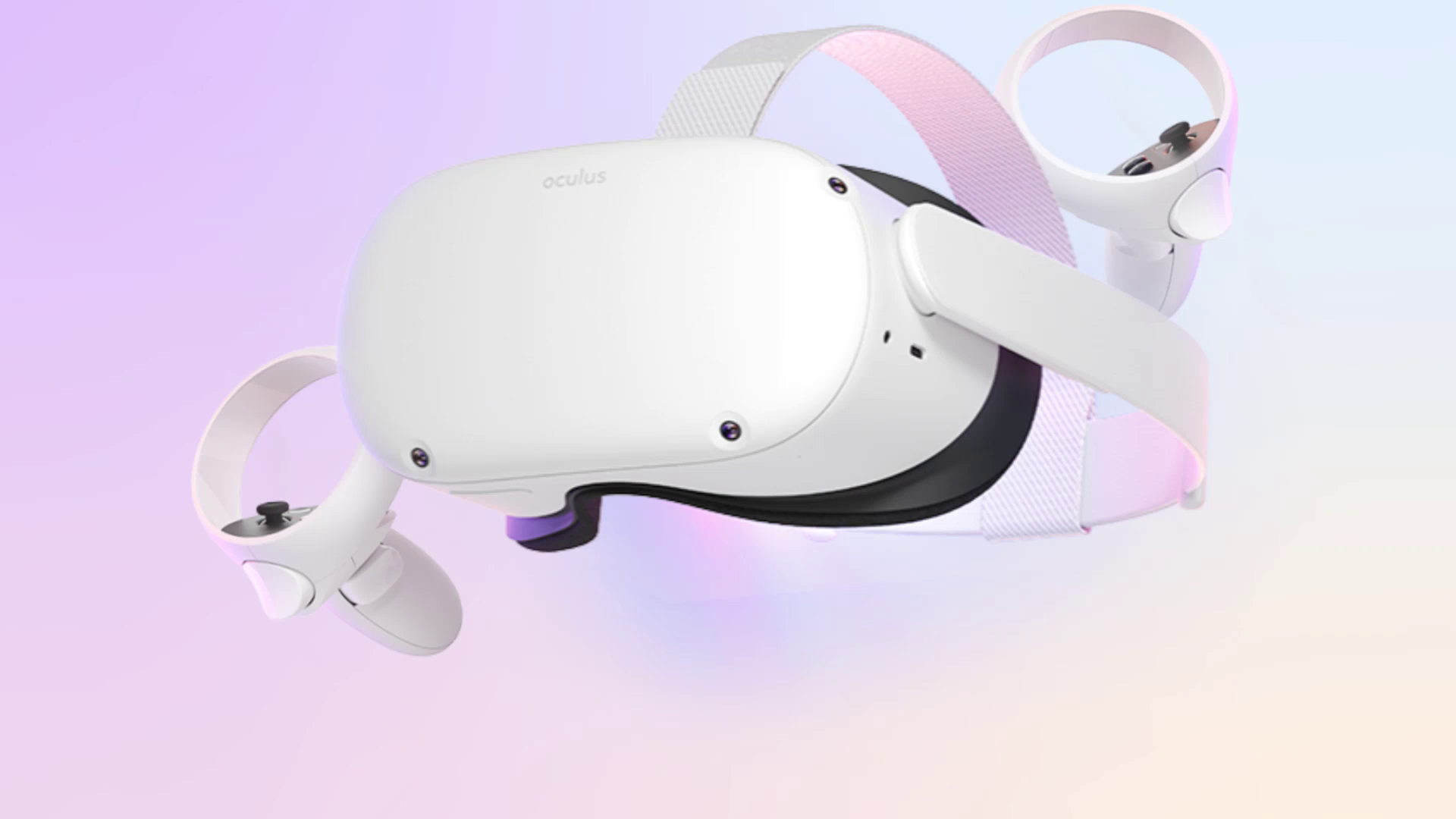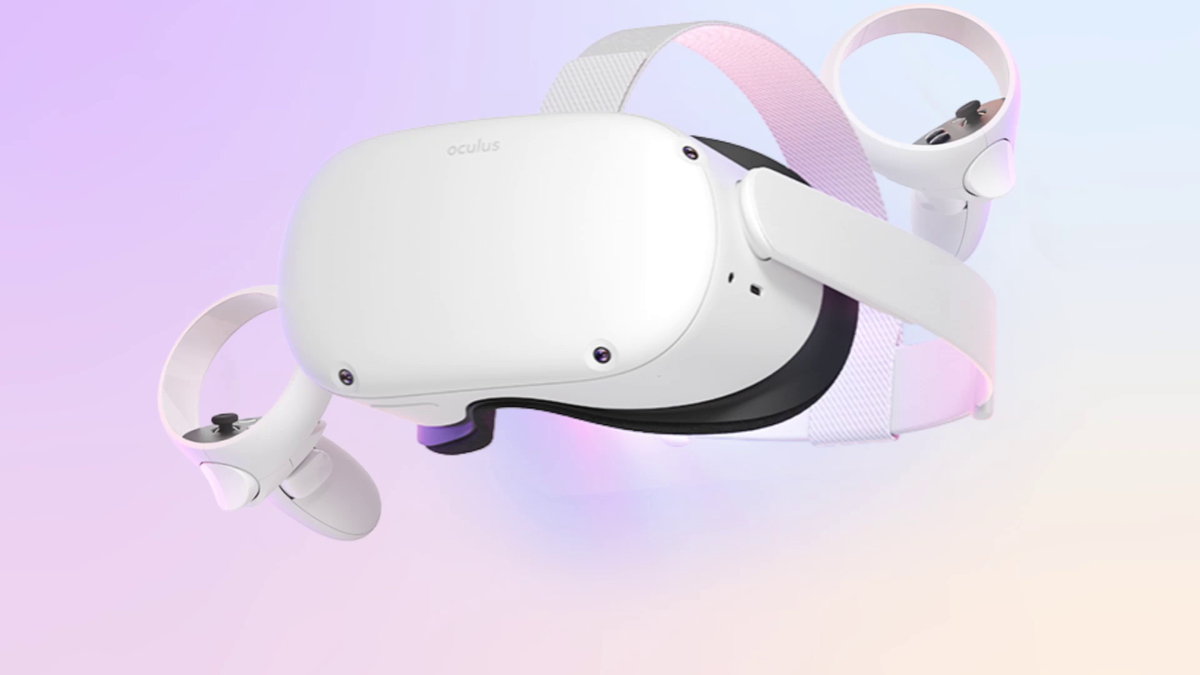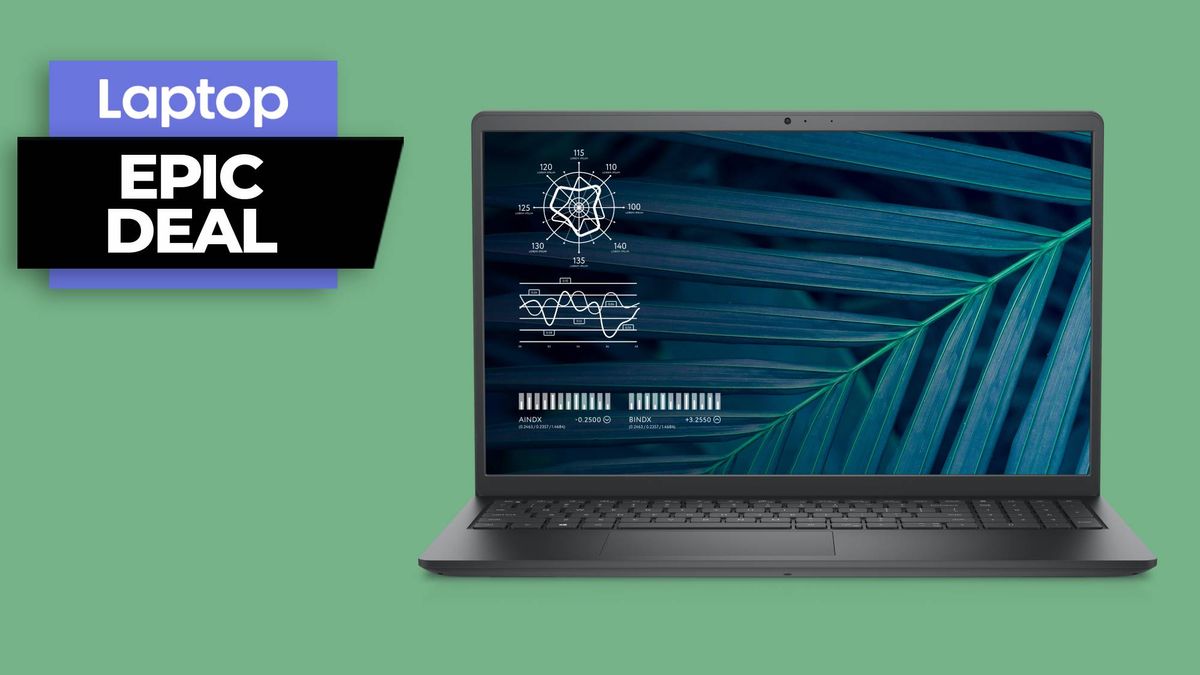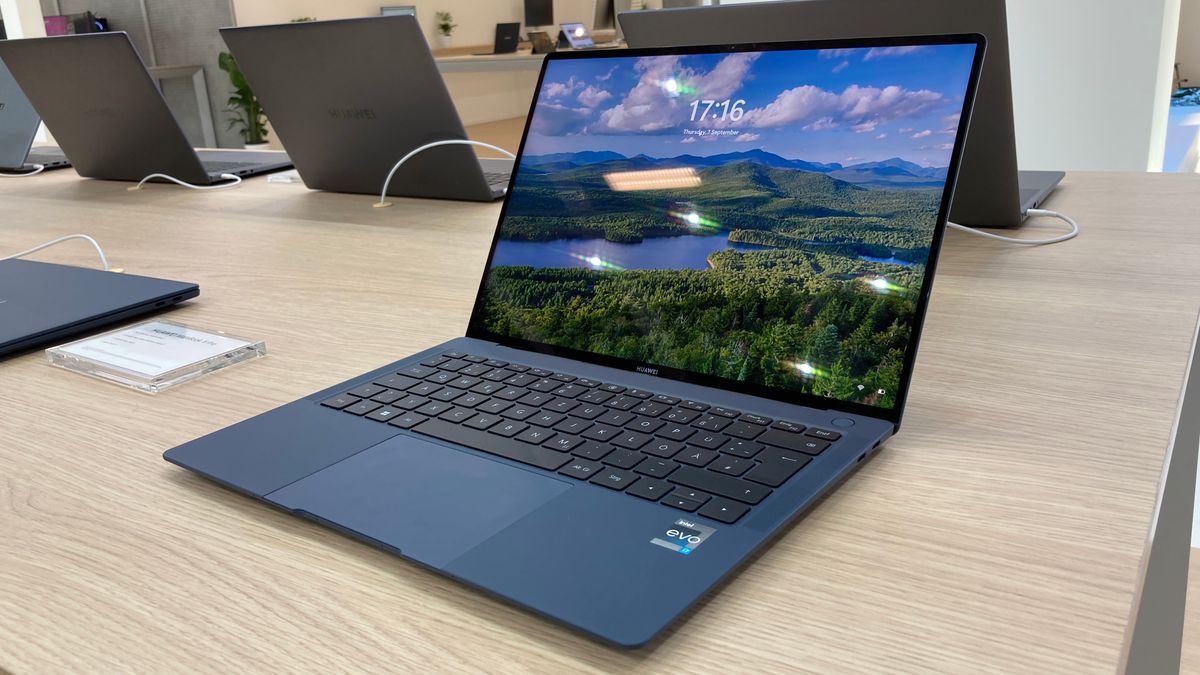The Meta Quest 2 headset, formerly known as Oculus Quest 2, is one of today’s the best-selling headsets, and with all the positive critical reception this VR device has garnered, it’s no surprise that you want one for yourself (or a loved one).
Upon buying the Quest 2, however, you may find yourself scratching your head at a forked path. Should you get the $399 128GB headset (opens in new tab) or the $499 256GB model? (opens in new tab) The answer depends on what type of VR gamer you are. To keep it short and sweet, if you’re a VR content creator, the 256GB variant would be best. If you’re a casual gamer, the 128GB model should suffice.
Who should buy the 128GB Quest 2 headset?
For
- Perfect for casual gamers
- Cheaper at $399
- Lightweight, comfy fit
When it comes to phones and laptops, I typically advise users to steer away from configurations with the lowest storage. We typically store a cornucopia of files, documents, photos, apps, and games on these devices, so you’ll want to fend off the dreaded “storage full” message for as long as you can.
However, regarding to the Quest 2 headset, I have a different perspective. I’ve had the 64GB Quest 2 headset for two years (Meta discontinued this model in 2021 and upgraded the base model to 128GB of storage). I’ve come to the conclusion that if you’re a casual gamer, the 128GB variant is more than enough. With just 64GB at my disposal, I have a library of 40 games with 12GB to spare. It’s worth noting that games in my portfolio range between 400MB and 4GB.
Even if you like to take screenshots and some in-game footage every now and then for memory’s sake, the 128GB should still be sufficient. However, if you plan to become a VR content creator, and you want to share your gameplay on Twitch, YouTube, TikTok and other social media platforms, I would not recommend the 128GB Quest 2. You should opt for the 256GB variant.
Who should buy the 256GB Quest 2 headset?

For
- Excellent for content creators
- Great social media sharing capabilities
I began to feel “the crunch” on my 64GB model after recording in-game footage for Laptop Mag content. Surprisingly, I got away with storing several hours of footage, alongside my 40-game library, before the Meta headset said, “OK, now you’re pushing it, sis!”
Fortunately, it’s easy for me to transfer data from the Quest 2 headset to my HP Envy 13 laptop via a USB-C cable. Once the footage is safe and sound on my laptop, I can delete the footage and free up some space on the Quest 2. Still, who wants to stress out over constantly needing to delete data to make room for more?
If you plan on becoming a VR influencer of sorts, whether that means you want to dive into Twitch streaming or the YouTube market, you’ll feel more at ease with the 256GB Quest 2 headset. Yes, it’s more expensive at $500, but the extra $100 is worth the peace of mind. This model is also ideal if you need a library that can support more than 50 games.
Unfortunately, neither model has a microSD card slot for storage expansion, but the 256GB variant should be more than enough to meet your needs as a content creator or pro VR gamer.
Bottom line
If you’re a casual gamer who doesn’t plan to hold a massive library of screenshots and in-game recordings, the 128GB model is sufficient. However, if you have aspirations of becoming the next big VR influencer, the 128GB variant will hold you back. The 256GB model will give you a greater peace of mind, allowing you to save more in-game footage, photos, and more without scrambling to free up storage in the end.








